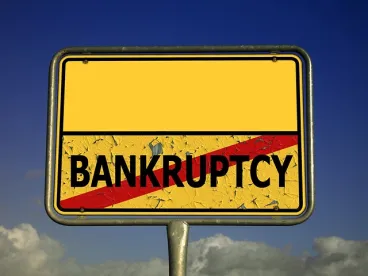A Delaware Bankruptcy Court Judge has entered an order prohibiting Medicare from withholding payments to a diagnostic testing provider, True Health Diagnostics, LLC, while the bankruptcy case is pending. Prior to filing the bankruptcy case, Medicare identified two large overpayments owed by True Health and also suspended its future payments. The Judge determined that it was not necessary to consider entering an injunction prohibiting Medicare from withholding payment to True Health because the government was already prohibited from doing so under the automatic stay of creditors’ collection efforts that is in effect in every bankruptcy case.
This is potentially a landmark case for Medicare providers that have been forced into insolvency by Medicare audits or payment suspensions because, if upheld on appeal, it may give the provider a mechanism to reinstate Medicare payments to either facilitate restructuring or as leverage to payment suspension that Medicare is unwilling to lift, regardless of the financial impact to the company—an all too common argument that has, historically, fallen on deaf ears within the agency. Recent similar efforts in other non-bankruptcy courts across the country have led to inconsistent decisions, with some courts halting Medicare recovery while others have rejected such efforts by the providers. Attorneys for Medicare immediately appealed the True Health decision, and expect a decision on the in the short term rather than long-term because the case is in bankruptcy court. Providers with large overpayments or payment suspensions should follow this appeal to see whether bankruptcy or the preparations for a restructuring may be used as an offensive strategy where the Centers for Medicare and Medicaid Services is unwilling to consider any alternative remedies other than a payment suspension which effectively cripples the operations of the company. Providers and suppliers, of course, should be mindful of the fact that the strategy should be carefully balanced by other alternative remedies that the agency might pursue including revocation of the company’s provider agreement or supplier number either during or after a plan of confirmation or other actions that the agency might pursue including ongoing payment or pre-payment audits upon the emergence of bankruptcy. Nevertheless, this arrow in the quiver is a tool that should be evaluated.




 />i
/>i
